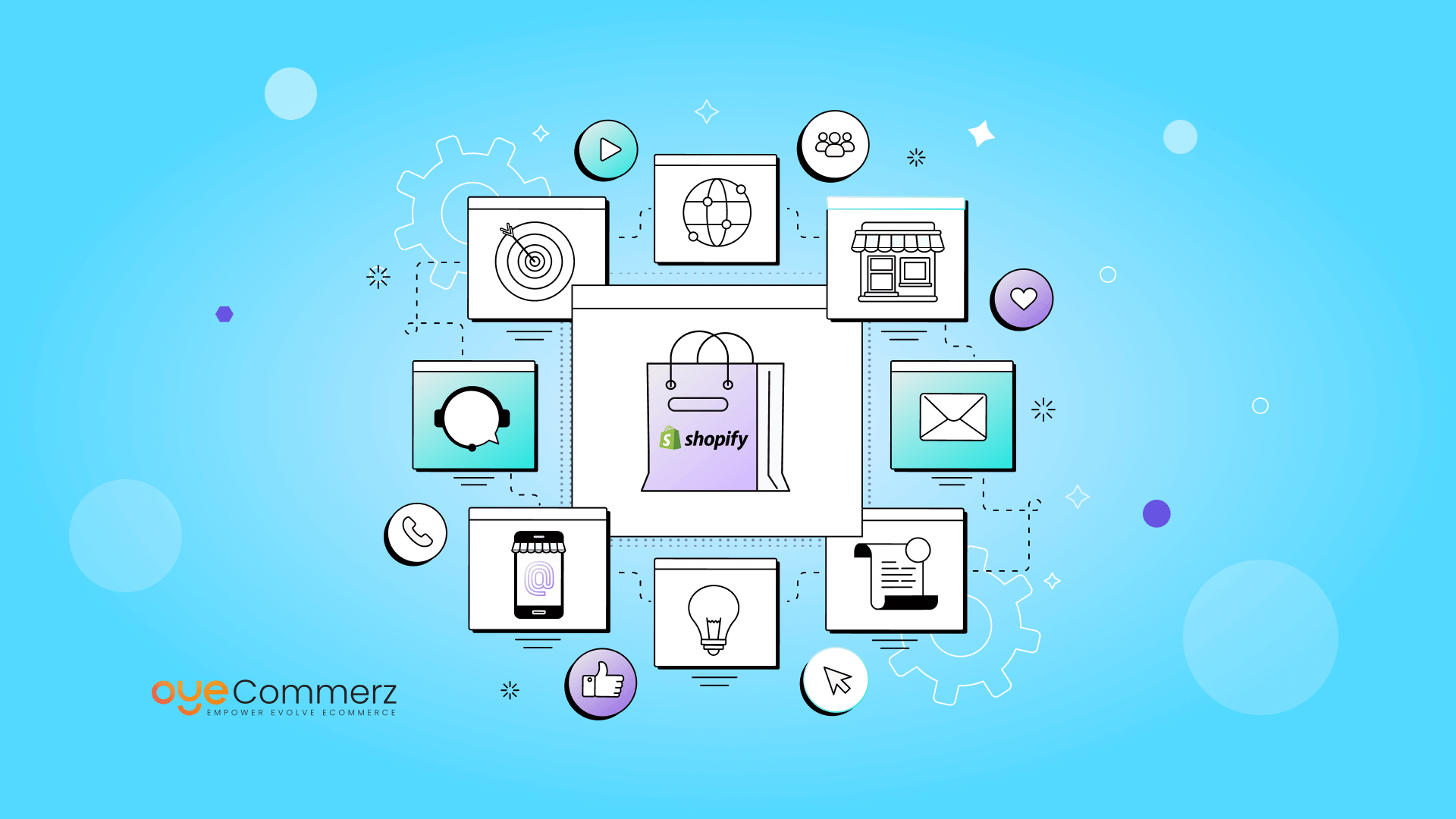Overview
In the current cutthroat e-commerce environment, differentiating is paramount, and a top method to set apart a Shopify store is through tailored app creation. A well-built Shopify app can enhance store functionality, simplify processes, and boost customer engagement. This guide delves into key elements of Shopify app development, from API integration to growth techniques and digital marketing approaches, offering a roadmap for companies looking for unmatched store efficiency.
The Importance of Shopify API Integration
Shopify’s API offers robust tools to personalize and extend store functionalities. With the GraphQL and REST API options, developers can access data to build applications that handle inventory control, order handling, and customer information management smoothly. Integrating Shopify’s API can lead to better workflow automation and allows stores to serve customers more effectively.
Adopting the Polaris Design System
Polaris is Shopify's set of design guidelines for designing user-friendly and accessible Shopify apps. By adhering to Polaris guidelines, developers ensure that apps seamlessly integrate within the Shopify Admin experience. This provides a cohesive look and feel that resonates with Shopify merchants, encouraging usability and familiarity for merchants using your tailored app.
Navigating the Shopify App Ecosystem
The Shopify app ecosystem offers endless possibilities for enhancing online stores. From handling order fulfillment to increasing customer interaction, apps in this environment are tailored to meet diverse business needs. Familiarizing with this ecosystem assists developers in identifying unique app ideas and allows for smooth connections of external tools that enhance the store.
Developing Embedded Shopify Apps
Embedded apps integrate directly within the Shopify Admin, allowing a seamless experience for merchants. They allow merchants do not need to leave their Shopify dashboard, streamlining their workflow. Employing Shopify App Bridge and embedded app features is recommended for providing a cohesive, well-integrated user experience.
Using Node.js and React for Shopify Apps
Node.js and React have emerged as ideal tools for Shopify app creation. This server-side framework enables efficient back-end services, while React enables interactive and adaptive front-end design. Combined, they provide an excellent framework for building fast, growth-ready Shopify apps that improve store performance and customer engagement.
Webhooks in Shopify Apps
Webhooks allow real-time data updates between Shopify and an external app. They initiate events such as new orders or inventory updates and send instant notifications to your app. By implementing webhooks, apps can provide up-to-date insights for Shopify performance upgrades store owners, simplifying processes and increasing efficiency.
Engaging Customers Through Digital Marketing for Shopify Apps
To make a Shopify app successful, engaging customers is key. Utilizing digital marketing strategies like SEO, email marketing, and social outreach can increase app usage. Additionally, creating applications with customer interaction as a focus (e.g., loyalty programs or personalized suggestions) boosts user loyalty and satisfaction.
Scaling Your Shopify App
As e-commerce businesses grow, so do their technological needs. Ensuring that your app can scale to handle increased traffic, larger databases, and more complex functionalities is essential. By optimizing server capacity and using scalable solutions, you can develop apps that expand in parallel to a store’s success.
Essential Features and Maintenance for Shopify Apps
For an app to be useful, it should include key capabilities like user authentication, analytics dashboard, and support channels. Ongoing app upkeep, including updates to fix bugs and ensuring compatibility with new Shopify features, is important to ensure uninterrupted performance and prevent disruptions to business processes.
Conclusion
Custom Shopify app development offers immense opportunities for e-commerce stores, providing the ability to improve performance, simplify operations, and foster customer loyalty. With API integrations and Node.js to ensuring scalability and customer interaction, creating a Shopify app requires careful planning and strategic execution. If Custom solutions for Shopify growth you’re ready to unlock your store’s full potential, a custom Shopify app could be the ideal choice. What features do you envision for your dream application? Share your thoughts and take the first step toward an enhanced e-commerce journey!
